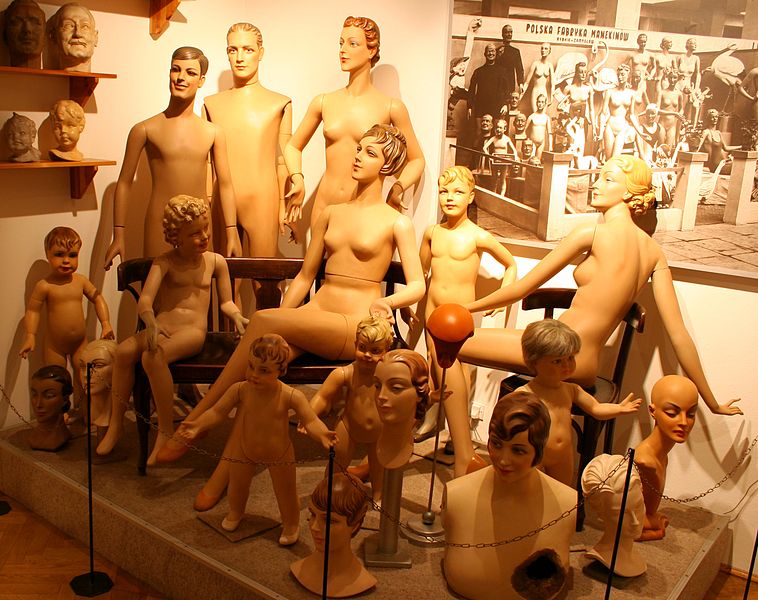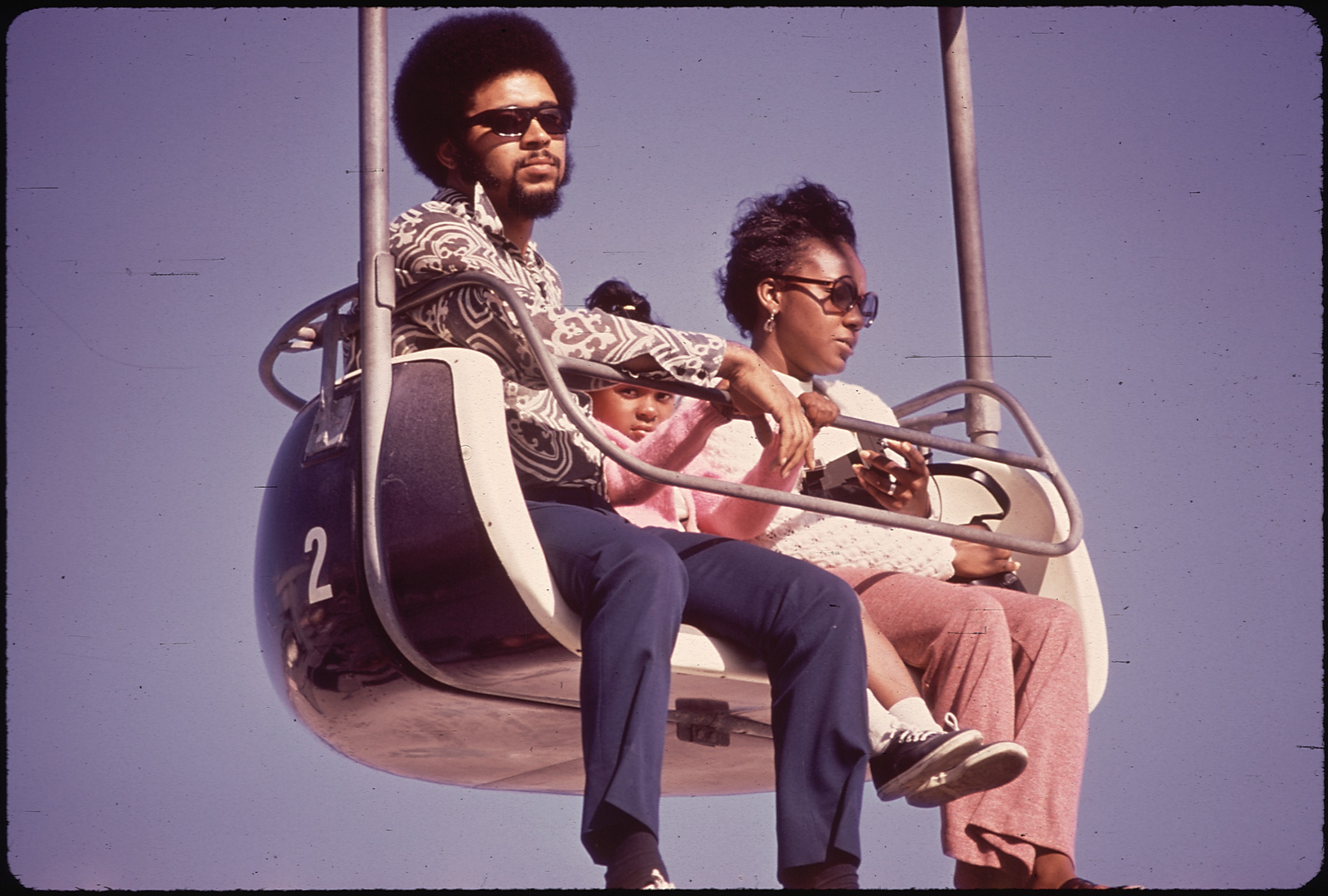From Timothy Noah’s new Browser interview, in which the journalist speaks to America’s growing income disparity:
“If you compare consumption today to consumption 60 years ago there are differences. What you will find, broadly speaking, is that the big things are more expensive and the little things are less expensive. Cars are more expensive – they may be safer but they’re more expensive. Houses are more expensive – they’re bigger but they’re more expensive. Healthcare is more expensive – more people’s diseases are cured but it’s more expensive. College education is more expensive – and I don’t think you can make the case that college education is improved in any way compared to 50 or 60 years ago. My guess is that, if anything, it’s probably a little bit worse over the last half century. So those big things are harder to obtain.
The little things – electronics, food and clothing – are easier to obtain. The only one of those items that you have to get on a regular basis is food. And yes, clothing is less expensive. So are TVs. But you probably buy these less frequently, so they’re less meaningful. Meanwhile you have these gigantic expenses for things that are really vital. Healthcare keeps you alive. College education makes it possible for you to achieve upward mobility. An automobile in many parts of the country is a necessity to get you to your job.”


